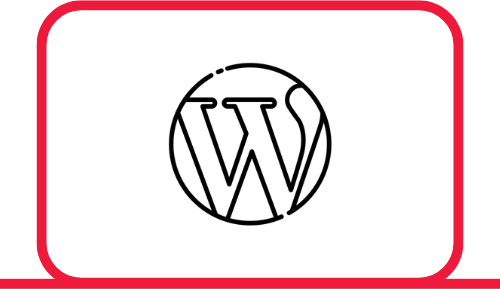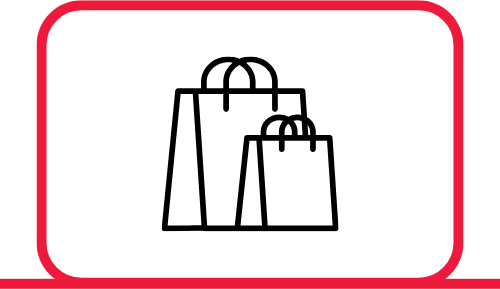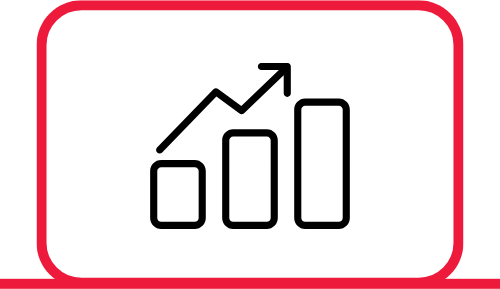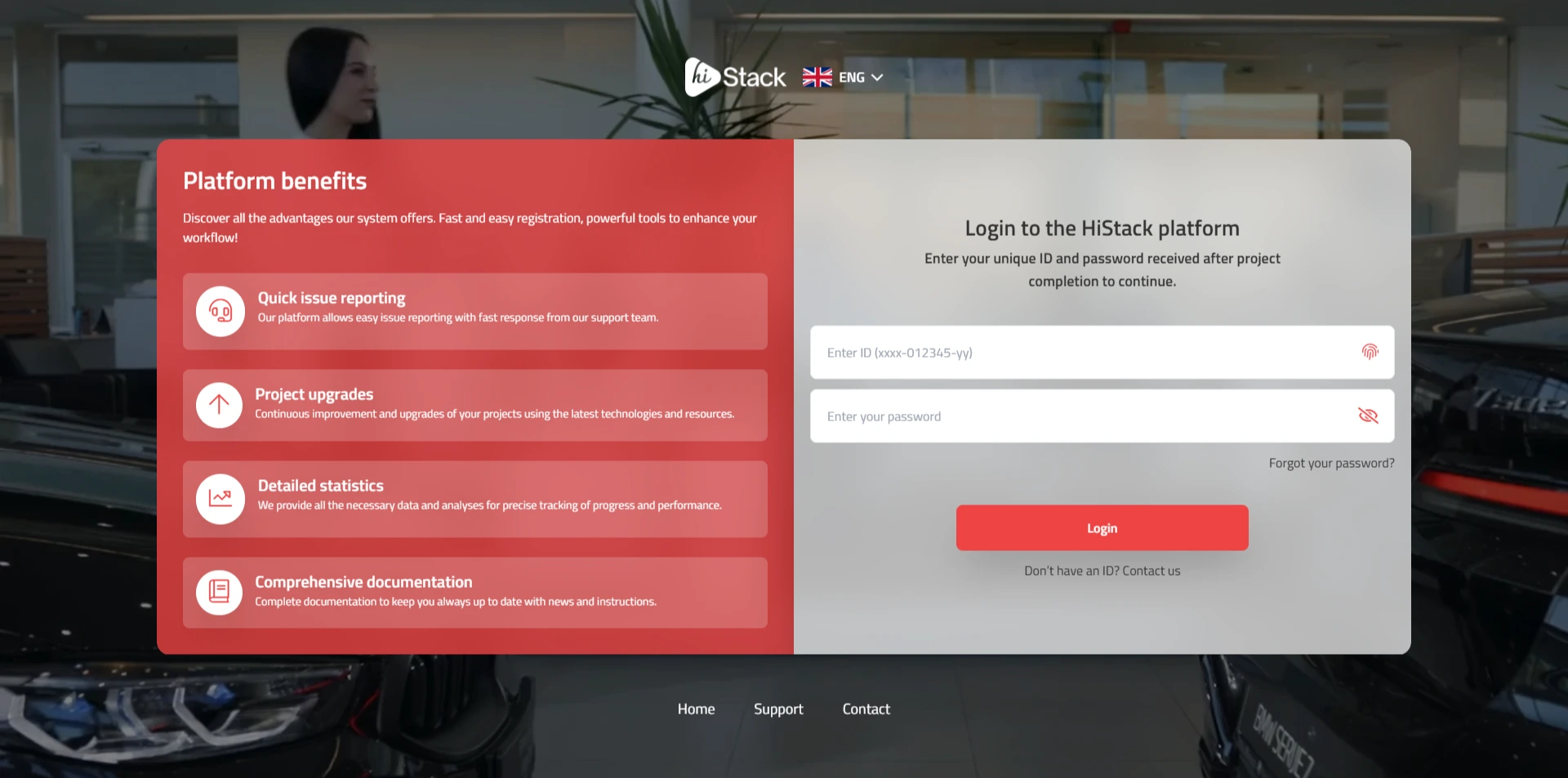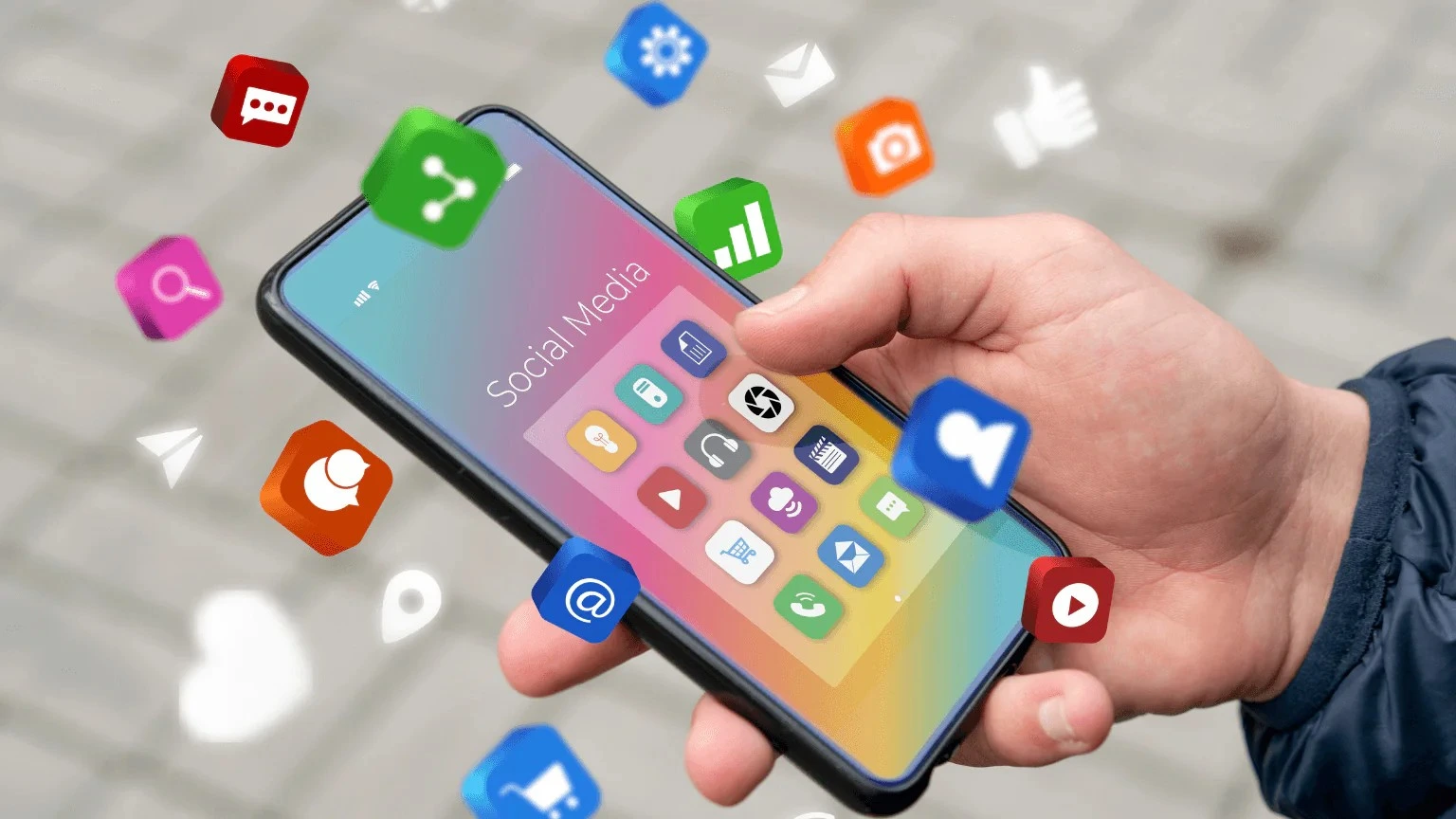
Website vs. Social Media: What Do You Really Need?
Social media and websites are two key parts of any brand, business, or individual’s online presence. Each has its own advantages and specifics, but how do you decide what you actually need? Is it better to invest in a professional website or rely on social media? In this blog, we’ll explore what each option offers, who needs them, and how to make the best choice for your business.
Website: The Foundation of Your Online Presence
A website is the core point of your online presence. It’s your "digital headquarters" — a place on the internet you fully control. On your website, you can put all the necessary info about your business, products, or services and give users the chance to find you, explore, and contact you.
Website advantages:
- 1. Professionalism and control: A website gives you full control over every aspect of your online presence. You can design it exactly how you want, put relevant content for your target audience, and manage the user experience. It looks serious and creates a professional impression.
- 2. Branding: A website allows you to develop your brand aligned with your vision. You can use specific colors, fonts, and design elements that match your brand.
- 3. SEO (Search Engine Optimization): If your site is well optimized, you have a better chance to be found on Google and other search engines. Good SEO helps attract organic visitors without paid ads.
- 4. Increased credibility: Most users expect businesses to have a website. If you don’t have one, potential customers might doubt you. A website is a must-have tool for serious business presence.
Who needs a website?
- 1. Entrepreneurs and small businesses: If you have products or services to showcase to a wider audience, a website is key. It’s your primary channel for sharing info about products, buying terms, and contacts.
- 2. Brands aiming for long-term growth: If you want your brand to grow and evolve over time, investing in a website is essential. It’s a long-term tool that stays a permanent part of your online presence.
- 3. Businesses doing e-commerce: If you sell products or services online, a website is indispensable. It lets you build a sales platform and process transactions.
Social Media: Fast and Direct Connection with Your Audience
Social media platforms like Facebook, Instagram, Twitter, LinkedIn, and TikTok offer a great chance to communicate directly with your target audience. These platforms enable quick interaction, community building, and promotion through viral content.
Advantages of social media:
- 1. Fast connection and engagement: On social media, you can directly interact with your users, answer questions, and respond to comments. They also boost engagement with your content, leading to more followers and potential customers.
- 2. Quick results: Posting on social media can bring fast outcomes. You can quickly attract attention and generate interaction, especially with paid ads or viral posts.
- 3. Focus on visual content: If your brand relies on visual appeal (e.g., fashion, food, tourism), social media is ideal because it allows easy sharing of images and videos that quickly catch users' attention.
- 4. Running promotions and campaigns: Social media is perfect for promotions, giveaways, and campaigns that can quickly reach a wide audience.
Who benefits most from social media?
- 1. Businesses with visual products or services: If you sell visually appealing products like fashion, art, jewelry, or food, social networks like Instagram or Pinterest are perfect.
- 2. Entrepreneurs wanting quick audience growth: If you're starting out and want to rapidly increase followers and users, social media is ideal for fast and easy content spread.
- 3. Brands with high engagement and promotions: If your business depends on constant user interaction, product promotion, or campaigns and contests, social media will be helpful.
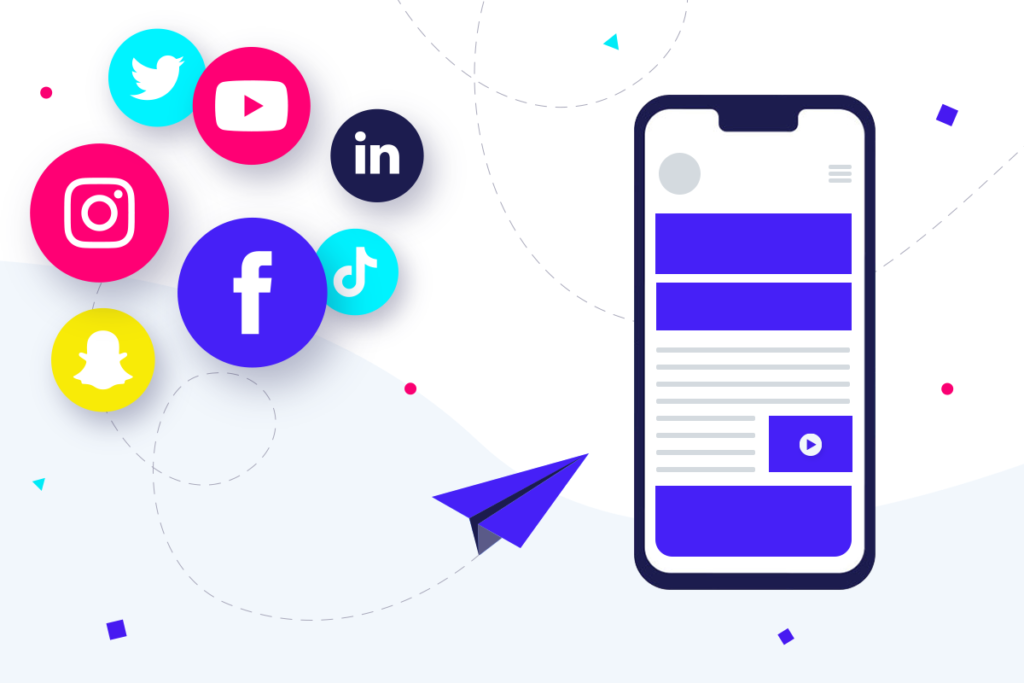
Combining Website and Social Media: The Best Solution?
Although websites and social media each have their unique advantages, the best solution can be a combination of both tools. A website can serve as the foundation of your online presence, while social media acts as a powerful tool for promotion and engagement.
How to coordinate them?
- 1. Social media as a traffic driver: Use social media to attract visitors to your website. Regularly sharing content and posts that encourage users to visit your site is a great way to increase traffic.
- 2. Integrate social media on your website: Add social sharing buttons to your website so users can easily share your content with their networks.
- 3. Use social media for feedback: Leverage social media as a platform to collect user feedback and opinions that can help you improve your website or products.
Conclusion: What Do You Really Need?
- 1. If you want a professional and long-term online identity – investing in a website is essential. It is the foundation of your online presence and a serious tool for branding, SEO, and e-commerce.
- 2. If your goal is quick engagement and fast promotion – social media is the right choice. You can quickly connect with your audience, generate interaction, and get feedback.
The best solution for many businesses is a combination of both – a website as a permanent and professional base, and social media as a tool for promotion, engagement, and fast spread. Ultimately, the right choice depends on your strategy, goals, and the nature of your business.


